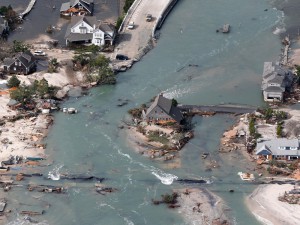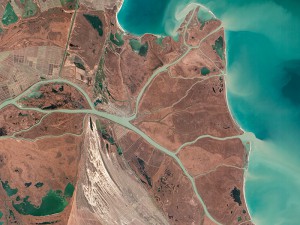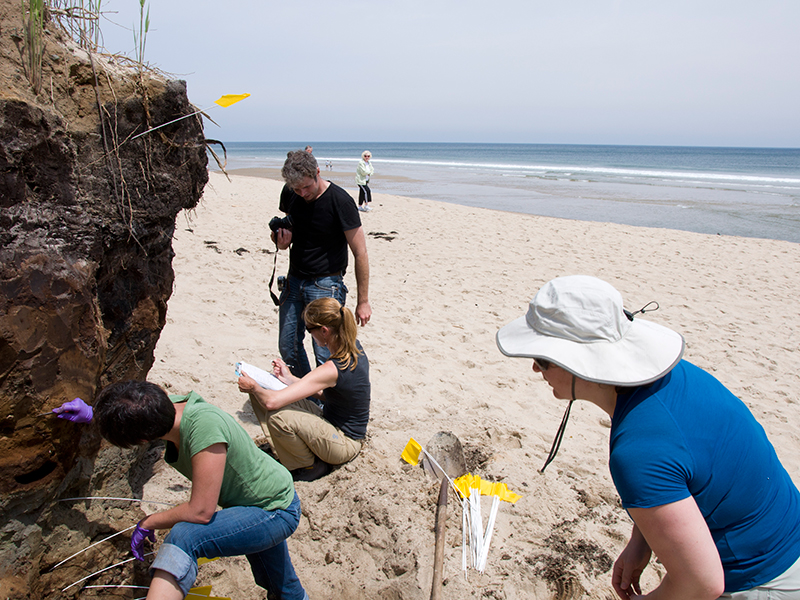What We Study
Determining the character of current and future climate change and its impact on human and natural systems are critical challenges facing humanity and are imperative scientific objectives. Significant attention is often focused on past and future temperature change; however other aspects of the climatic variability such as floods, droughts, intense storms, and sea level changes pose the most significant threat to humans. The goal of our research program is to understand how climate variability changes tropical cyclone activity, alters sea levels, and affects water availability, while also seeking to understand the impact of changing climate on terrestrial and coastal landforms and ecosystems. Storms, sea-level fluctuations, and changing freshwater inputs play key roles in driving changes in many coastal systems, yet we know very little about how these environments respond to the complex interactions of these forcing mechanisms. Gaining a process-based understanding of how and why past environmental changes have occurred provides a framework for projecting future changes. Sedimentological and stratigraphic proxy records of tropical cyclones, sea level, and drought are used to extend the instrumental record back millennia. We also employ a variety of modeling approaches to aid in proxy development and calibration as well as to help identify and quantify climatic forcing mechanisms and geomorphological evolution.
Thematically, the research projects undertaken by the Coastal Systems Group fall into three broad categories; Climate, Climate Impacts, and Landform Dynamics. Significant overlap often exists within a single project, yet these categories provide a reference point when discussing the nature of the work.



